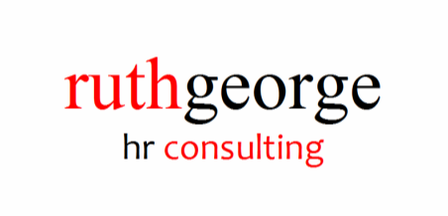As I write this I’m still humming the tunes from the musical ‘Made in Dagenham’ which I went to see recently. The musical tells the story of a group of female factory workers that fought for equal pay with their male counterparts at the Ford plant in 1968. Their strike brought Ford’s entire car production to a standstill and two years later the Equal Pay Act was introduced. As an HR Consultant, it's interesting to see that over 45 years on equal pay for work of equal value is still an issue...
Looking to 2016 the year ahead, it will be interesting to see the outcome of the ongoing legal disputes both Asda and Sainsbury's are facing from women who work in their stores. More than 1,000 tribunal claims have been logged by women who claim they are not paid the same as male workers in the distribution warehouses - despite their jobs being of "equivalent value".
Add to this the recent figures from the Office of National Statistics which revealed that the difference between the earnings of men and women, as measured by hourly earnings for all employees, was nearly 20% and we can see that although under equality law, pay should be the same for employment of equal value, there is often still a battle to be had.
Since 1 October 2014, employment tribunals have been required to order employers to carry out equal pay audits if they lose an equal pay claim or a related sex discrimination claim, unless one of a limited number of exemptions applies. The Government also recently proposed that all firms with more than 250 employees should reveal the difference between the average pay of men and women. Watch this space to see if these proposals begin to make any real difference to pay differentials…
Add to this the recent figures from the Office of National Statistics which revealed that the difference between the earnings of men and women, as measured by hourly earnings for all employees, was nearly 20% and we can see that although under equality law, pay should be the same for employment of equal value, there is often still a battle to be had.
Since 1 October 2014, employment tribunals have been required to order employers to carry out equal pay audits if they lose an equal pay claim or a related sex discrimination claim, unless one of a limited number of exemptions applies. The Government also recently proposed that all firms with more than 250 employees should reveal the difference between the average pay of men and women. Watch this space to see if these proposals begin to make any real difference to pay differentials…
